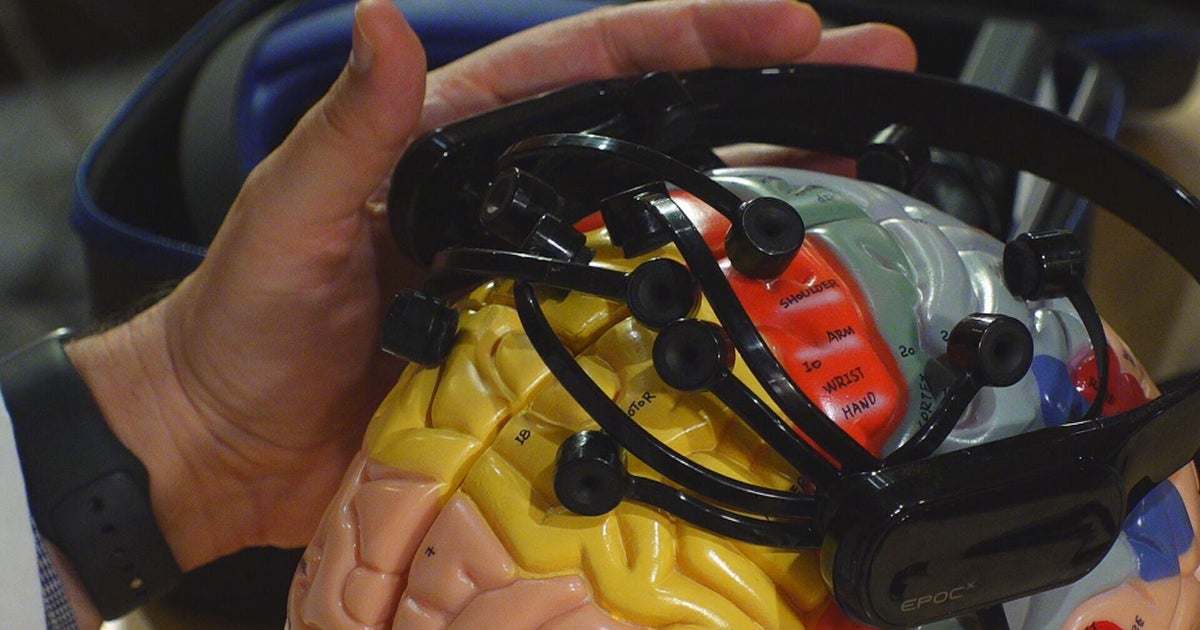Parkinson's Disease Linked To Common Skin Condition
PITTSBURGH (KDKA) -- There is an unexpected link between a common skin condition and a degenerative brain disease.
"People who had rosacea developed Parkinson's about 1.7 times as often as people who did not have rosacea. And when they got Parkinson's they got it about 2.5 years earlier," says Dr. Brian Horvath of Horvath Dermatology.
The numbers come from a study in Denmark of its entire adult population from 1997 to 2011, and it's a bit surprising.
"I did not expect this result," admits Dr. Horvath.
Rosacea shows up in the skin as redness, fine bumps, or a thickness of the nose.
Parkinson's disease is a movement disorder due to the lack of certain brain chemicals. people have stiffness, slowness, and tremors.
The common factor is inflammation.
Join The Conversation On The KDKA Facebook Page
Stay Up To Date, Follow KDKA On Twitter
"Always been understood that rosacea is too much inflammation. The issue of Parkinson's having too much inflammation has been more understood recently."
In particular, the inflammation has to do with an increased amount of a protein in the body called matrix metalloproteinase -- or MMP. These MMPs are important to cells multiplying, becoming certain cell types, and breaking down.
If the action of MMP can somehow be changed, this could present new treatments for rosacea and parkinson's disease...someday.
Current medicines focus on the brain chemical, dopamine.
"Either trying to get more dopamine into the brain or trying to get the dopamine from being broken down so it stays around longer," explains Allegheny General Hospital Parkinson's disease specialist Dr. Tim Leichliter. "Anything that opens up another avenue for treatment, if that's inflammation, if that's some of these underlying proteins, that at least gives us something else to look at to try to help."
In this early exploration of these two conditions being linked, researchers found a stronger pattern with certain symptoms of rosacea.
"The link is highest for people with rosacea who have ocular symptoms, like feeling you have an eyelash in your eye, or foreign body, or gritty sensation in your eye.







